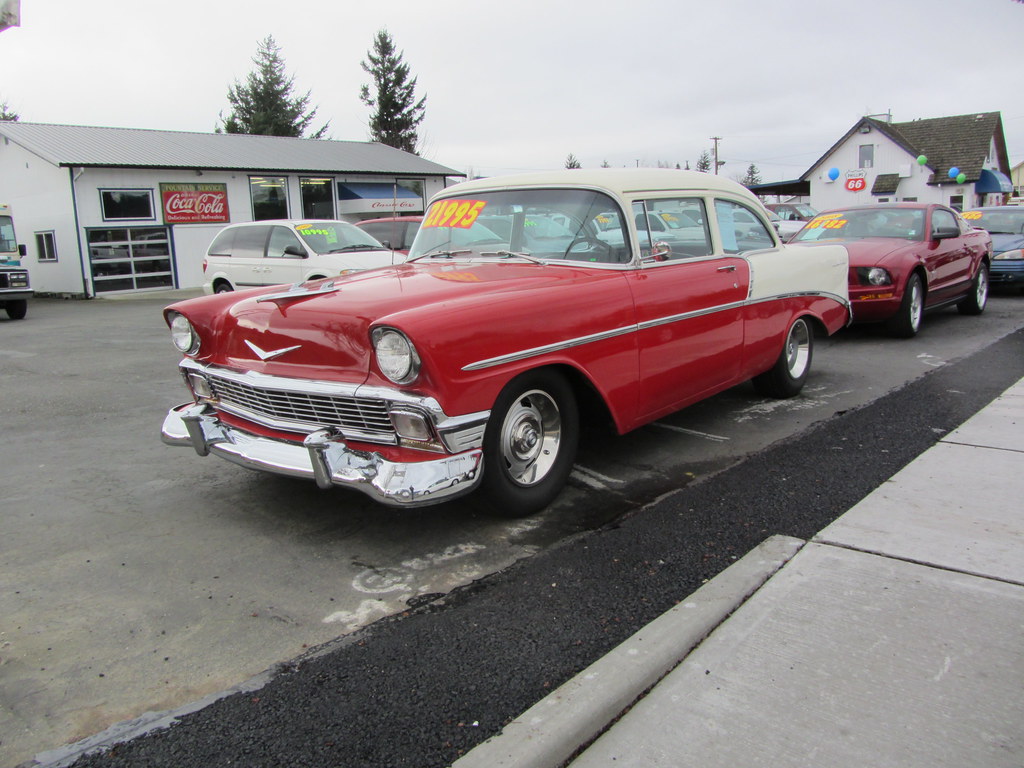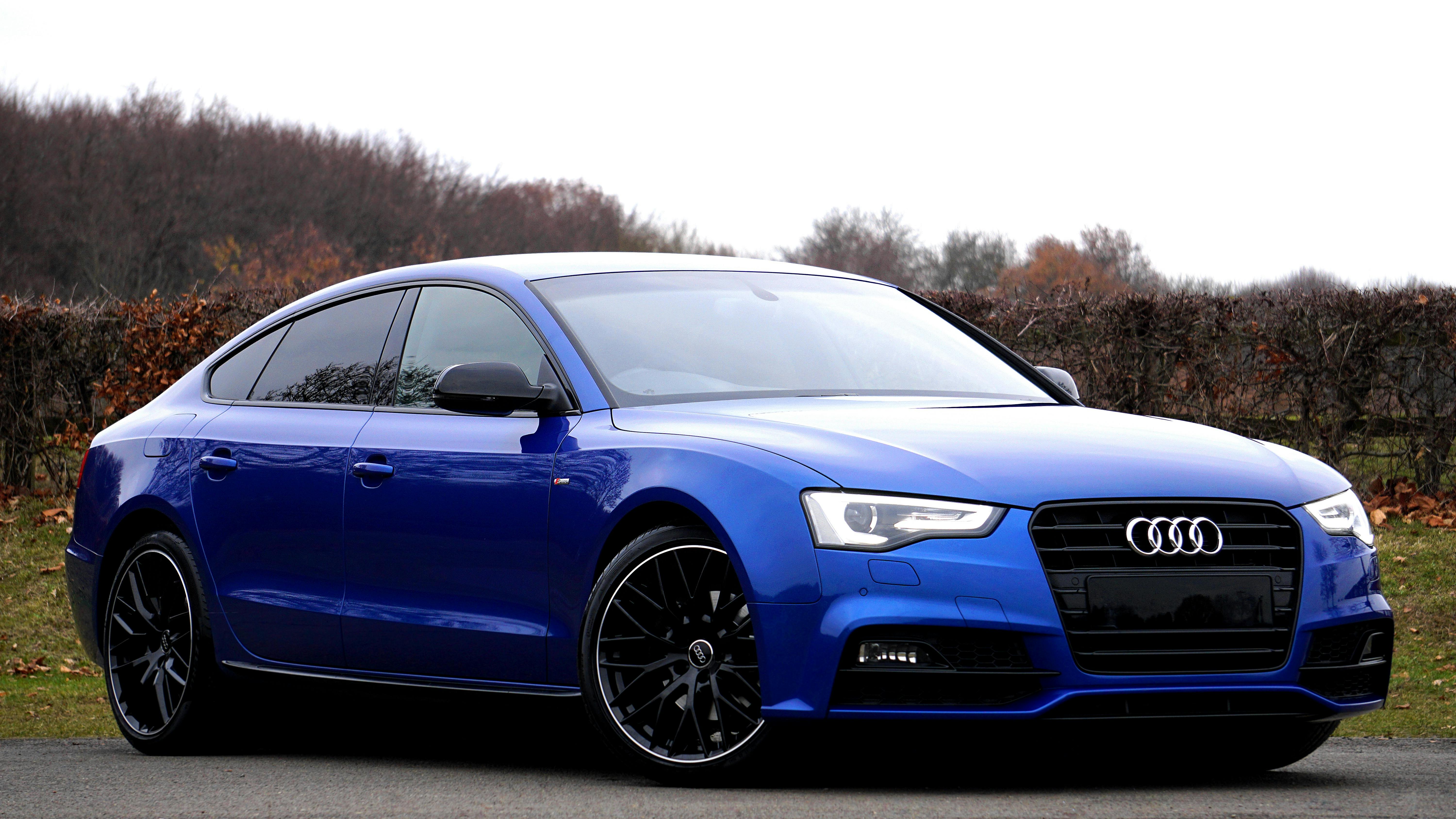
When embarking on the journey of purchasing a new or used vehicle, the sticker price is merely one component of the total financial outlay. Astute consumers understand that the geographical location of their purchase significantly influences a myriad of expenses, including taxes, registration fees, documentation fees, and even the availability of desired inventory. These variables collectively shape the overall affordability and convenience of the car buying process.
Our comprehensive analysis delves into the complexities of the automotive market, examining the specific factors that can transform a seemingly good deal into a substantial financial burden. We leverage extensive data and insights to identify states where car buyers are likely to encounter higher costs, stricter regulations, or more limited selections. Understanding these regional disparities is crucial for making informed decisions and optimizing your car purchase strategy.
This in-depth guide is designed to empower consumers with practical, data-backed insights, ensuring that you are well-equipped to navigate the varied landscape of car acquisition across the United States. We will explore a selection of states that present particular challenges for car buyers, providing a clear breakdown of why they might be best avoided when planning your next vehicle purchase. By focusing on factual reporting and industry benchmarks, we aim to deliver credible and actionable advice that can lead to significant savings and a more satisfactory buying experience.

1. Mississippi
Mississippi stands out as one of the states you might want to avoid when purchasing a vehicle, particularly due to a confluence of high fees and limited inventory. The state is noted for its notably high average registration fee, which can significantly inflate the initial cost of vehicle ownership. With an average registration fee reported at $719, this expense alone places a substantial burden on car buyers, making it a less attractive option compared to states with more modest administrative charges.
Beyond registration costs, Mississippi also contends with one of the tightest new car supplies in the nation. As of late May 2025, the state registered a mere 72-day supply of new cars. This limited availability can lead to reduced negotiation power for buyers, potentially driving up prices or forcing consumers to settle for vehicles that do not perfectly align with their preferences. A scarcity of inventory often means fewer choices and less competitive pricing.
Furthermore, Mississippi made an appearance among the ten priciest places to buy a used car in a study by iSeeCars. This indicates that whether you are considering a new or used vehicle, the state presents significant financial hurdles. The combined impact of high registration fees, constrained new car inventory, and elevated used car prices solidifies Mississippi’s position as a challenging environment for car buyers.
Read more about: Mastering the Long Haul: 12 Exceptional Pickup Trucks with 8-Foot Beds You Need to Know
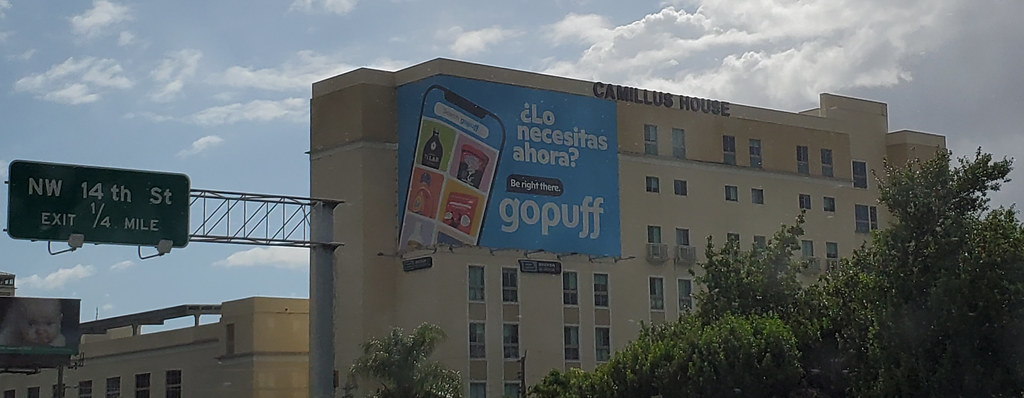
2. Florida
Florida presents a complex scenario for car buyers, characterized by both significant drawbacks and a notable advantage in the used car market. For new car purchases, Florida stands out as one of the worst states, primarily due to its documentation fees. The state has no cap on these fees, leading to an average of $995, which is among the highest in the nation. This uncapped fee can add a substantial, often unexpected, cost to the transaction.
In addition to the high doc fees, Florida also faces challenges with new car inventory, recording a 79-day supply as of late May 2025, which is below the national average of 83 days. This tighter supply, similar to other states with limited inventory, can restrict choices and impact pricing for new vehicle buyers. The higher registration fees, averaging over $300, further contribute to the overall expenses associated with buying a car in the state.
However, it is imperative to note Florida’s unique position in the used car market. The state’s abundant used car market, driven by its older population and high-income individuals selling older cars quickly, can make it a better choice for used car buyers. Used car prices in Florida are typically 10% cheaper than the national average, and it has some of the highest inventory levels anywhere in the country. Buyers must, however, be aware of the much bigger risk of flood cars in Florida’s used car market, requiring careful inspection.
Read more about: Hidden Powerhouses: Unearthing 14 Underrated Pony Cars You Forgot Existed

3. California
California consistently features among the most challenging states for car buyers, largely due to its high taxes and overall cost of vehicle ownership. The state’s car sales tax rate is the third priciest in the country, tied with Illinois at 7.25%. For an average car transaction amount of $48,510, this translates to an additional $3,516.98 in sales tax, a significant sum that directly increases the purchase price.
Beyond sales tax, California also imposes high registration fees, averaging $524, which adds another layer of expense. The state’s new car supply is also relatively tight, with an 80-day supply, indicating less availability than the national average. This can lead to less competitive pricing and fewer options for new vehicle purchasers. These factors combine to make California one of the worst states for buying a car, whether new or used.
Moreover, California is unequivocally identified as the most expensive state to own a car. This designation is not only due to high purchase taxes and fees but also stems from elevated insurance premiums, costly car repairs, and consistently leading the nation in gas prices. The long-term ownership costs in the Golden State are substantially higher than in most other regions, making it a state where buyers should thoroughly evaluate the full financial impact of their vehicle purchase.
Read more about: Angelina Jolie Beams with Pride: Inside Zahara’s Thriving College Life, Activism, and Red Carpet Milestones

4. North Carolina
North Carolina is another state that car buyers might want to approach with caution, as it is highlighted for its punishing levels of taxes and fees. The state imposes high documentation fees, with fees ranging up to $599, placing it among the states with the highest charges for preparing and filing sales contracts. These significant doc fees can add hundreds of dollars to the final transaction cost, often catching buyers by surprise.
In addition to documentation fees, North Carolina also features notably high registration fees, which average over $300, further contributing to the overall cost of acquiring a vehicle. While the state sales tax rate is relatively low at 3% for vehicles, local taxes can drive costs higher, particularly in metropolitan areas and affluent suburbs, thus negating some of the state-level tax advantages.
Furthermore, North Carolina experiences a tighter new car supply, with an 80-day inventory as of late May 2025. This limited availability, combined with the elevated doc fees and registration expenses, places North Carolina among the states that are particularly unappealing for buying a new car. Buyers in this state should be diligent in budgeting for these additional costs and be prepared for potentially fewer options in the market.
Read more about: Navigating the Road Ahead: Unraveling Emissions Regulations for Classic American Cars

5. Nevada
Nevada holds the undesirable distinction of having the highest car sales tax in America. With a state car sales tax rate of 8.25%, purchasing a vehicle in Nevada significantly increases the overall price. Based on an average car transaction amount of $48,510 in April 2024, buyers would pay an additional $4,002.08 in sales tax, a substantial sum that cannot be overlooked when calculating the true cost of a vehicle.
This high sales tax rate alone makes Nevada a challenging state for car buyers looking to maximize their savings. The state’s tax burden is directly applied to the purchase price, meaning a more expensive vehicle will incur an even higher tax liability. Such a significant upfront cost necessitates careful financial planning and comparison with other states.
Moreover, the financial implications of car ownership extend beyond the point of sale in Nevada. The state also has a high average price for fuel, which, when combined with the highest sales tax on cars, makes it the second most expensive state in which to buy and own a vehicle for one year, surpassed only by California. This holistic view of costs firmly positions Nevada as a state where car buyers should expect to pay a premium for their automotive experience.
Read more about: Beyond the Mic: 14 Unforgettable Movie Cameos by Musicians You Definitely Missed

6. Kansas
Kansas emerges as another state where car buyers encounter significant added costs, primarily driven by its substantial sales tax rate. The state boasts the second-highest car sales tax in the country, standing at 7.50%. For an average car transaction price of $48,510, this translates to an additional $3,638.25 in sales tax, a considerable expense that directly impacts the total purchase price of any vehicle.
This high sales tax positions Kansas as a state where the initial cost of car acquisition is notably inflated. The percentage applied to the vehicle’s price means that the more expensive the car, the greater the additional tax burden will be. This factor alone can make it challenging for buyers to stay within their budget or find competitive deals compared to states with lower or no sales tax.
Despite average insurance rates, gas prices, and maintenance and repair costs that are not significantly high or low compared to other states, the vehicle sales tax rate of 7.50% significantly inflates overall ownership costs. According to GOBankingRates data, Kansas ranks as the 10th most expensive state in which to own a car, largely due to this sales tax. This demonstrates how a single, high-cost factor can profoundly affect the long-term financial viability of car ownership in a particular state.
Read more about: Beyond the Badge: Uncovering the Hidden Flaws in 14 Fan-Favorite Vehicle Models

7. Illinois
Illinois presents a significant financial hurdle for car buyers, primarily due to its high sales tax rate. The state’s car sales tax is among the priciest in the country, standing at 7.25%. This rate places it in the third position nationally, tied with California, indicating a substantial upfront cost for any vehicle purchase within the state.
For consumers considering an average car transaction amount of $48,510, this 7.25% sales tax translates to an additional $3,516.98. This considerable sum is not merely an optional add-on but a direct increase to the purchase price, significantly impacting a buyer’s budget and the overall affordability of a vehicle in Illinois. This percentage-based tax means that more expensive vehicles incur a higher tax burden, amplifying the financial impact.
Beyond the statewide sales tax, buyers in Illinois should be cognizant that local taxes can potentially drive overall costs higher. These regional variations mean the total tax burden might exceed the state rate, especially in densely populated or affluent areas. This layered taxation can further diminish the financial appeal, underscoring the need for thorough local tax research.
The cumulative effect of these high sales taxes contributes significantly to vehicle acquisition expense in Illinois. The consistent imposition of a substantial sales tax makes Illinois a challenging environment for car buyers prioritizing cost efficiency. This persistent tax burden necessitates comprehensive financial planning to avoid unexpected outlays.
Read more about: Beyond the Showroom Shine: A Mechanic and Enthusiast’s Unvarnished Truth About 13 Cars and Why New Isn’t Always Better

8. Wyoming
Wyoming emerges as another state where car buyers face elevated costs, particularly in the used car market. A significant factor is the state’s notably high average registration fee, averaging $616. These fees are among the highest in the nation, presenting a substantial initial expense for vehicle owners.
This elevated registration cost represents a fixed burden for all car buyers in Wyoming, regardless of vehicle type. Such a significant administrative charge can quickly accumulate, making it a less attractive option for budget-conscious buyers compared to states with modest fees. This disparity significantly influences a car purchase’s financial viability.
Beyond registration costs, Wyoming also has the second-highest average used car prices in the country. This indicates a market where pre-owned vehicles command a premium, making it challenging for buyers seeking value and affordability. This contrasts sharply with states offering more favorable used car pricing and wider selections.
For buyers, especially those seeking used vehicles, higher average prices in Wyoming mean finding a competitive deal requires extensive diligence and may necessitate looking outside the state. The overall financial landscape, characterized by high registration and used vehicle costs, places Wyoming firmly on the list of states where buyers need informed caution and a robust budget.
Read more about: Beyond the Bite: Unmasking North America’s 12 Deadliest Animals and Essential Survival Strategies for Your Next Wilderness Adventure
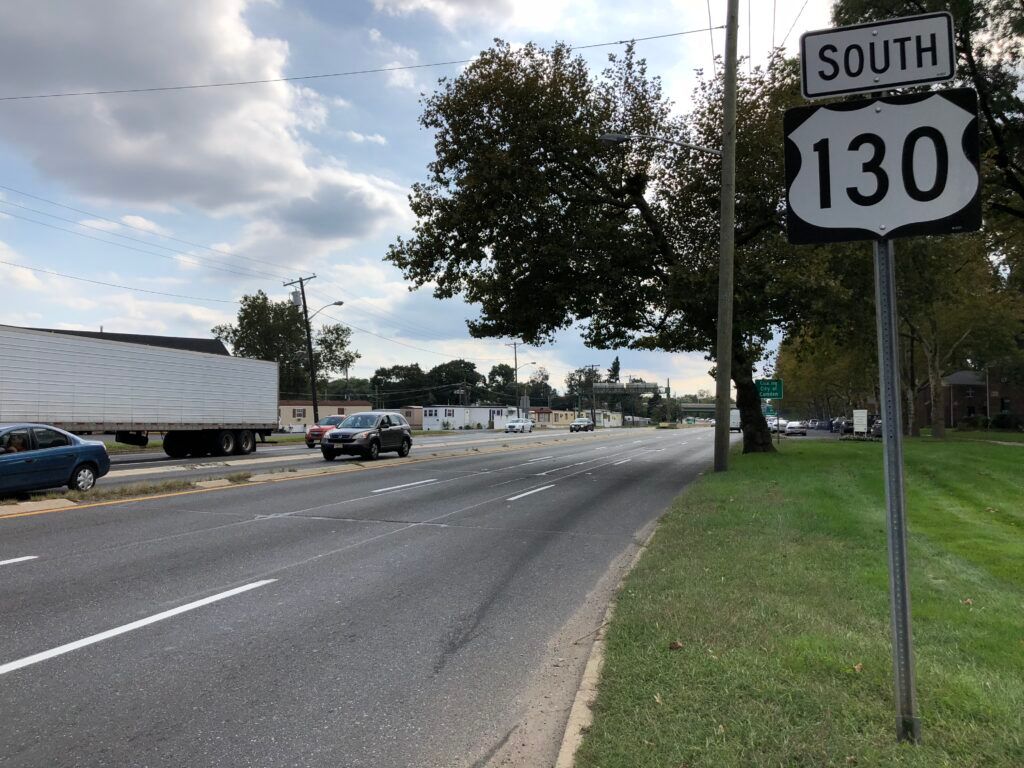
9. Alabama
Alabama presents a multi-faceted challenge for car buyers, marked by high documentation fees, substantial registration costs, and a tighter new car supply. Documentation fees are particularly significant, averaging $485. This fee, charged by dealerships to cover administrative costs, adds a considerable and often unregulated amount to the final transaction price, placing Alabama among states with high charges in this category.
This substantial documentation fee contributes directly to the overall cost, often surprising buyers overlooked in initial budgeting. These fees can inflate the total outlay, making it harder for consumers to adhere to financial plans and reducing perceived purchase value.
In addition to documentation fees, Alabama also imposes significant registration fees, averaging over $300. These, combined with high doc fees, contribute to a higher overall vehicle acquisition cost. This dual burden of elevated administrative charges can quickly accumulate, making Alabama less attractive compared to states with modest fee structures.
Furthermore, the new car supply in Alabama is a critical factor. As of late May 2025, the state registered a 79-day supply, below the national average of 83 days. This limited inventory can translate into fewer choices and potentially reduces negotiation power, leading to higher purchase prices. The combined impact of these financial and supply challenges positions Alabama as a state where car buyers face numerous disadvantages.
Read more about: Busted! 12 ‘True Story’ Movies Where Hollywood Completely Rewrote History
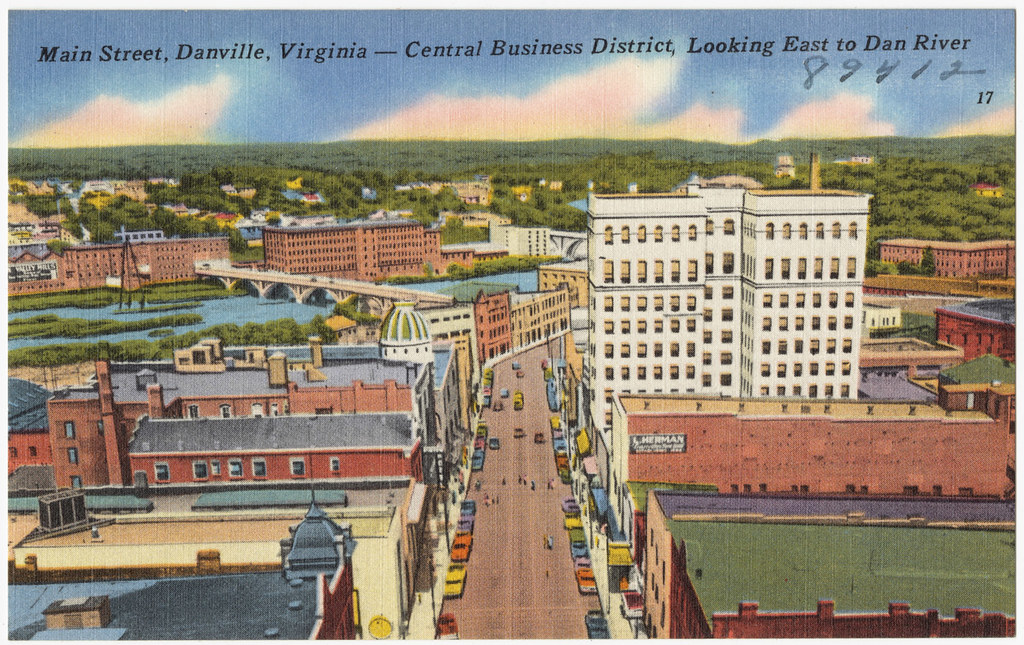
10. Virginia
Virginia is identified as a state where car buyers encounter particularly high documentation fees, impacting the total cost of vehicle acquisition. Dealerships charge up to $599, placing it among states with the highest such charges. This substantial fee contributes directly to the overall transaction cost, often surprising buyers.
This elevated documentation fee directly increases the final price paid. The lack of strict regulation in many states allows for such high charges, making it imperative for buyers to inquire about these costs early to avoid unexpected financial strains.
While Virginia’s state sales tax rate for vehicles is comparatively lower at 4.15%, buyers must be aware that local taxes can significantly escalate these costs. This is particularly true in larger urban centers and affluent suburban areas. This potential for higher localized taxation can partially offset the perceived advantage of a lower state sales tax, requiring thorough investigation of total tax implications based on purchase location.
Moreover, Virginia features notably high registration fees, averaging over $300, further contributing to the overall cost of acquiring and owning a vehicle. The combination of these elevated documentation and registration fees, alongside potential increased local taxes, firmly positions Virginia as a state where buyers should prepare for substantial additional costs beyond the vehicle’s sticker price, necessitating careful financial planning.
Read more about: Vanishing Acts: 10 Famous Actors Who Disappeared After One Huge Hollywood Hit
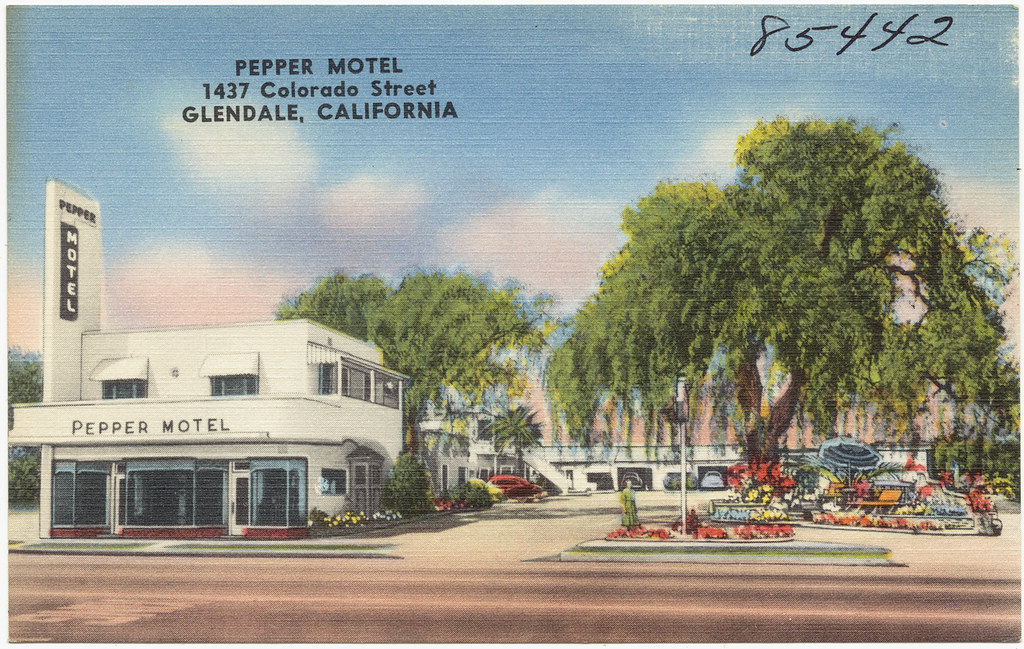
11. Colorado
Colorado represents another state where car buyers face notable financial obstacles, primarily due to its considerably high vehicle registration fees. The state’s average registration fee stands at $595, making it one of the most expensive in the nation. This significant upfront cost can substantially increase the initial outlay for vehicle ownership, a key consideration for prospective buyers.
The impact of such a high registration fee extends beyond the initial purchase, contributing to the overall annual cost of vehicle ownership. This mandatory administrative expense is unavoidable for residents. For buyers from states with lower fees, this difference can be stark and unexpected, adding an unforeseen layer to their financial commitment.
While Colorado’s state sales tax rate for vehicles is relatively low at 2.9%, local taxes can significantly drive up the total tax burden. This means the final sales tax amount can be considerably higher than the state rate, particularly in metropolitan areas. Buyers must account for potential localized increases when calculating the overall vehicle cost.
The combination of high average registration fees and potential elevated local sales taxes positions Colorado as a state where administrative and tax-related car buying expenses are considerable. These factors warrant careful consideration and comprehensive budgeting for purchasing a vehicle in the Centennial State, making it challenging for cost-conscious consumers.
Read more about: Vanishing Acts: 10 Famous Actors Who Disappeared After One Huge Hollywood Hit

12. Indiana
Indiana presents a mixed but predominantly challenging picture for car buyers, characterized by a high state sales tax and tighter new car supply. The state imposes a car sales tax rate of 7.0%, among the higher rates nationwide. For an average car transaction of $48,510, this translates to an additional $3,395.70 in sales tax, significantly impacting the overall purchase price and necessitating thorough financial preparation.
This substantial sales tax is a direct percentage applied to the vehicle’s price, meaning more expensive cars incur a greater additional tax burden. Such a significant upfront cost can make it challenging for buyers to stay within budget or find competitive deals compared to states with lower sales tax, influencing Indiana’s attractiveness for new car purchases.
Beyond the sales tax, Indiana also experiences a relatively tight new car supply, with a 76-day inventory as of late May 2025. This limited availability is below the national average, restricting buyer choices and potentially reducing negotiation leverage for consumers. This can lead to less competitive pricing for new vehicles and a more difficult search process.
It is noteworthy that, despite these drawbacks for new car purchases, Indiana has been identified as one of the states with the cheapest used listings on average, offering a potential advantage for used car buyers. However, for ‘buying a car’ generally, the high sales tax and constrained new car supply for new vehicles present substantial challenges. This blend of high upfront costs and limited new inventory places Indiana on the list of states where an informed and cautious approach is essential, despite its used car market appeal.
Read more about: From Showroom Shocker to Silver Screen Legend: 6 Automotive Flops That Conquered Hollywood
Navigating car acquisition across the United States reveals that the choice of state profoundly influences financial outcomes. From high sales taxes in Illinois and Indiana, to steep registration fees in Wyoming and Colorado, and cumulative documentation fees and limited inventory in Alabama and Virginia, each state presents unique challenges demanding consumer awareness. This comprehensive analysis, leveraging data-driven insights from industry benchmarks, underscores the critical importance of researching beyond the sticker price. Empowered with this knowledge, prospective buyers can make strategic and fiscally responsible decisions, potentially saving thousands by understanding and circumventing financial hurdles in these challenging states. Your journey to a new vehicle should be informed, ensuring your investment is sound and satisfying, regardless of where the road takes you.

